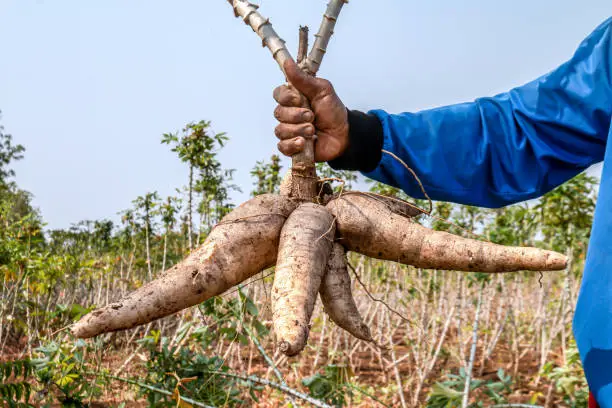Nigeria ranks among the world’s leading producers of cassava, yam, cowpea, sorghum, and cocoa, but industry insiders say low yields and rising costs are threatening the country’s agricultural competitiveness.
Cassava farms, for instance, produce an average of six tonnes per hectare, far below the potential of hybrid varieties that can yield up to 30 tonnes.
The cocoa industry, once a major export earner, is struggling with climate variability, poor access to inputs, and rural insecurity. Many cocoa farmers, the majority of whom are women, also face theft of produce, inadequate storage facilities, and lack of access to affordable credit. These challenges have driven some farmers to abandon cocoa for less risky crops, reducing Nigeria’s share of the global cocoa market.
Agricultural exports such as sesame, cashew, cocoa, ginger, and cotton continue to generate foreign exchange, but Nigeria still spends heavily on importing staples like wheat and rice. This trade imbalance highlights the untapped potential of value addition, which could help the country capture more revenue from its raw produce.
Analysts say the solution lies in improving value chains from farm to market, including investment in processing plants, cold storage facilities, and transport infrastructure. They add that government incentives for agribusiness and farmer cooperatives could help boost production and create more sustainable export revenues.





